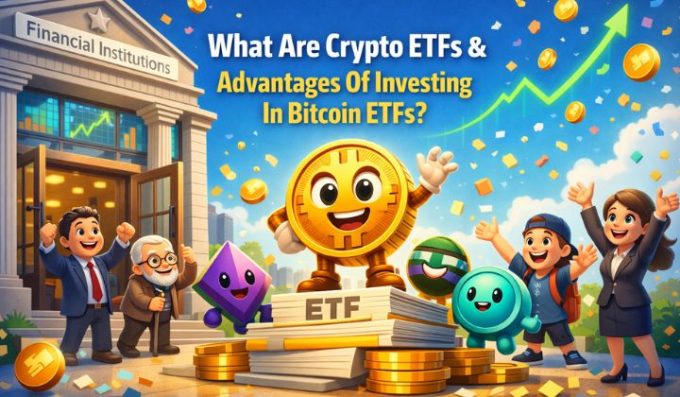PayPal Stablecoin Sees Swarm Of Fake PYUSD Tokens
By Kapil Rajyaguru
In less than 16 hours following the debut of PayPal’s new stablecoin (PYUSD), opportunists and possible fraudsters have already attempted to capitalise on the hoopla with their own imitation tokens.
According to DexScreener, a decentralised exchange scanner, approximately 30 new token pairs with the ticker “PYUSD” have appeared in the 16 hours following the announcement. One particular token made a slightly humorous take on PayPal’s stablecoin, opting for the name “PepeYieldUnibotSatoshiDoge.” The imposter token has gained more than 3,000% in just 4 hours.
Since its genesis just minutes after PayPal announced the introduction of its stablecoin, the largest impostor PYUSD token, created on Ethereum, has witnessed an astounding $2.6 million in trade activity. Despite a more than 30,000% increase in the first eight hours, the token has already dropped more than 66% from its all-time high.
The coins have been issued on a number of different chains, including Binance Smart Chain, Ethereum, and Coinbase’ newest layer 2 Base.
To caution prospective buyers, PayPal has stated that PYUSD would only be available through PayPal and did not specify if there were plans to list on third-party exchanges like Coinbase or Binance.
PayPal said in a press statement that PayPal USD could be sent between PayPal and compatible external wallets and adopted by exchanges, so the stablecoin could one day find its way onto decentralized exchanges whether PayPal likes it or not.
While the tokens are yet to come, some scammers are already trying to trap gullible users. The modus operandi is to issue a token, name it “PYUSD,” add liquidity with ether or another token and offer it to users on a decentralized exchange.
Most of the supply of these tokens are likely to be purchased by their creators after issuance, giving the illusion of a trendy token while actually speaking it is nothing more than a honeypot!
It’s worth mentioning that many of the phoney PYUSD coins listed are likely “honeypots,” which means that once an investor buys the token, they can’t sell it and have effectively given away their crypto.
You need to login in order to Like













